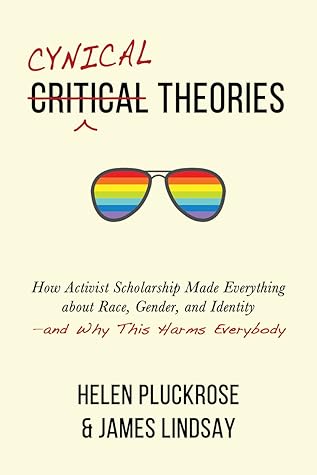Foucault was so interested in the concept of how power influences what is considered knowledge that in 1981 he coined the term “power-knowledge” to convey the inextricable link between powerful discourses and what is known. Foucault called a dominant set of ideas and values an episteme because it shapes how we identify and interact with knowledge. In The Order of Things, Foucault argues against objective notions of truth and suggests we think instead in terms of “regimes of truth,” which change according to the specific episteme of each culture and time. As a result, Foucault adopted the
...more
Welcome back. Just a moment while we sign you in to your Goodreads account.


